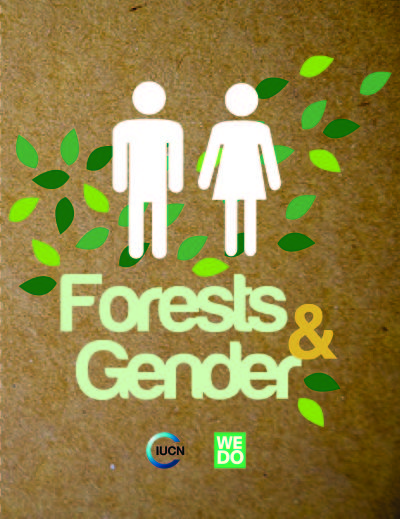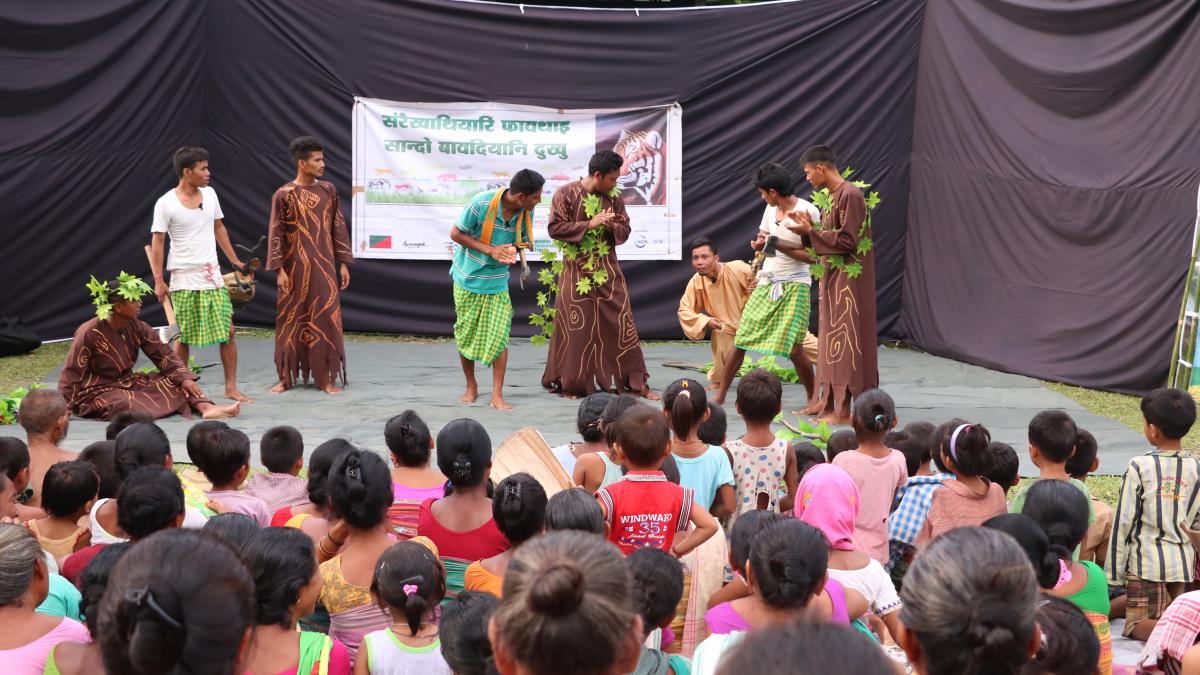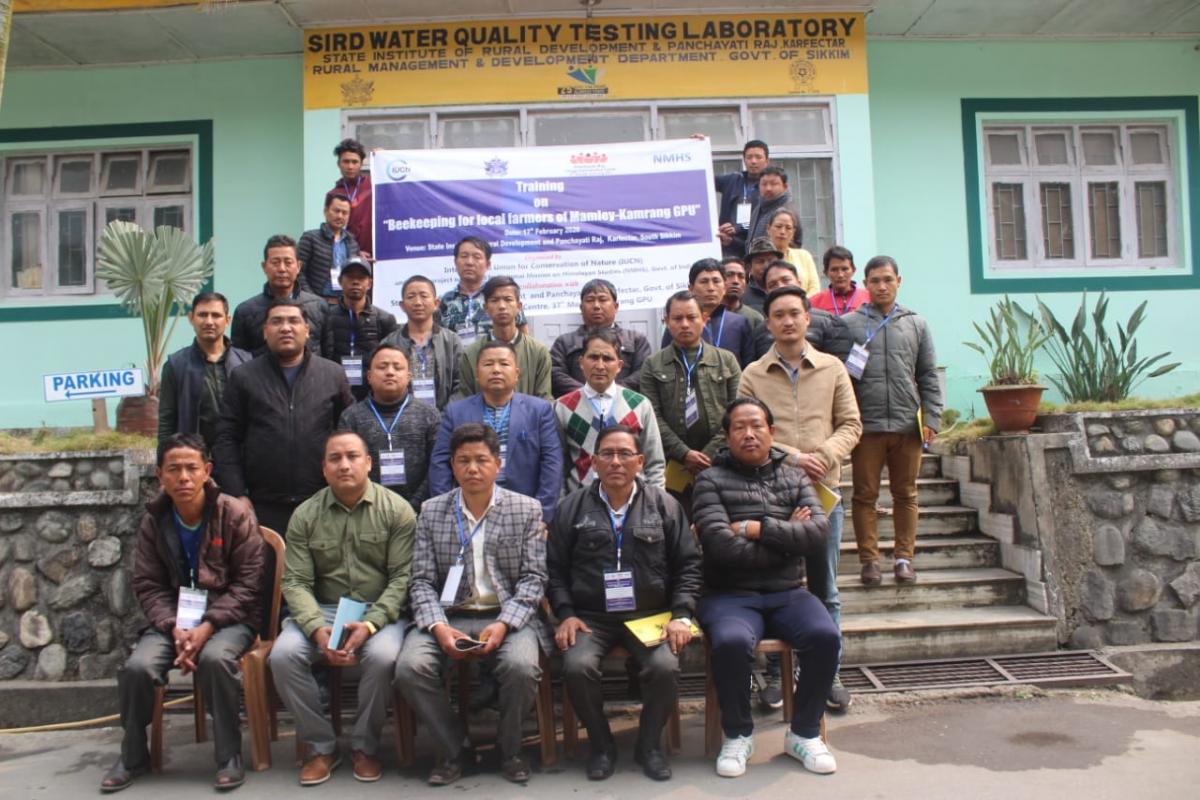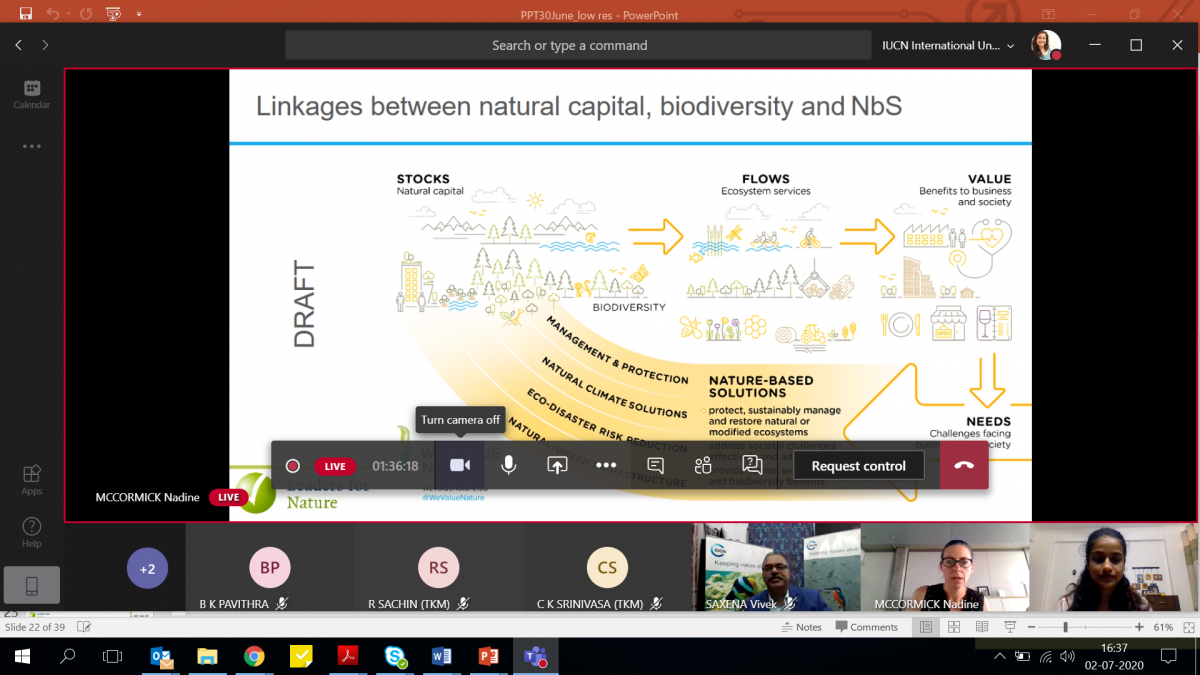Publication of Forests and Gender - available for download
Forest and Gender by IUCN in collaboration with Women’s environment and Development Organization (WEDO), USA
Edited by Lorena Aguilar, Andrea Quesada-Aguilar and Daniel D.M.P. Shaw

Photo: IUCN
The primary objective of IUCN’s publication entitled “Forest and Gender” is to emphasize the importance of integrating gender equality principles in forest conservation and sustainability. Released in 2011 (International Year of the Forest), this publication brings together case studies drawn from around the world, demonstrating the benefits of enhancing women’s participation in forest management and restoration. The book also covers current issues, progress and future challenges of gender equity or resource management, for the inclusion of women in forest development programs and securing women’s property rights at international and global levels.
In developed countries, despite the progress in women’s access to education and employment opportunities, there is still gender disparity in forest education, employment and career perspectives in forestry and land ownership. As for developing countries, women continue to be excluded from training programmes, official-decision making process as well as property rights of forests. And yet women play an important role in forest resource management and conservation due to their close dependence on forest resources for subsistence (fuelwood, fodder, herbal medicine among others) and income.
Men and women have different yet complementary knowledge, use and management of the forests. Therefore, in order to achieve sustainable use of forest and land resources, both women’s and men’s needs, knowledge and experience must be valued and considered.
Gender and Forest features an exclusive interview with the late Wangari Maathai, Kenyan Nobel Peace Prize Laureate (in recognition for her work conserving the environment and empowering women) and founder of the Green Belt. In this interview with IUCN’s Daniel Shaw, Wangari Maathai shared her views and experience about integrating gender issues in natural resources management and conservation.
If you are interested in why gender analysis in equitable use and control over forest resources is important – download this publication for your perusal.



